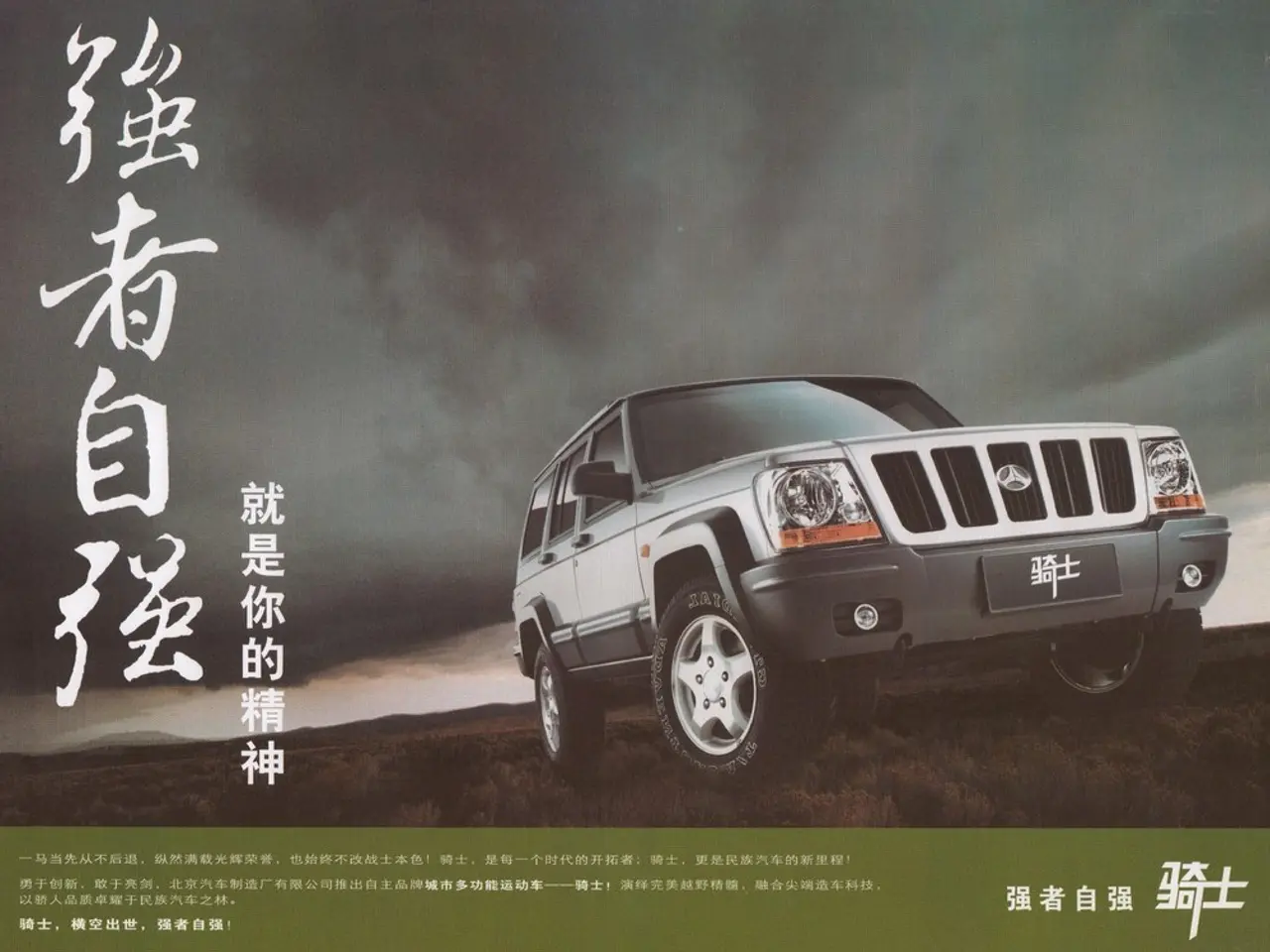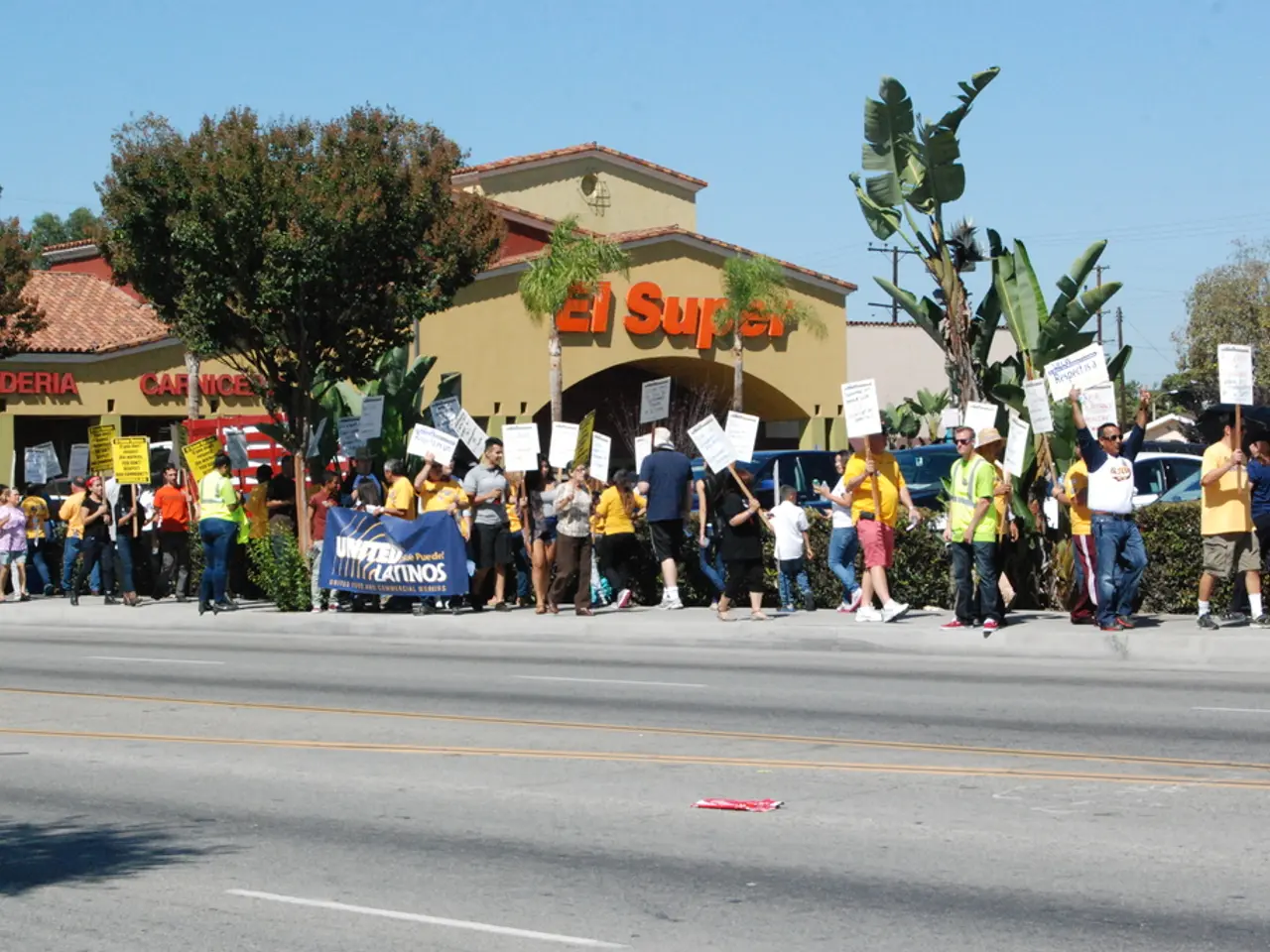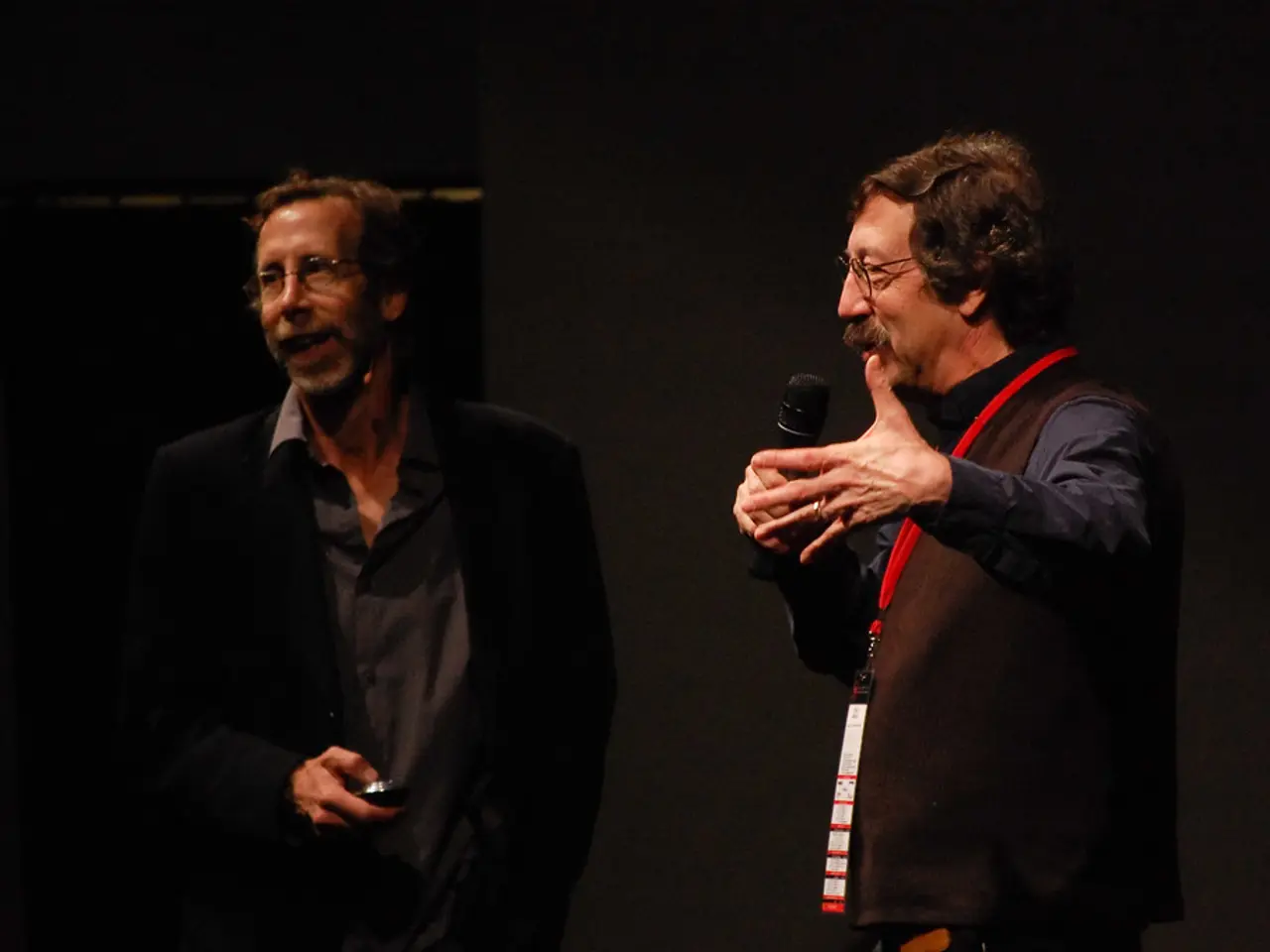Thai government denies allegations that the United States requested the use of a navy base during tariff negotiations.
In recent weeks, rumours have swirled about a supposed demand by the United States for a navy base in Phangnga province during tariff negotiations with Thailand. However, multiple senior Thai officials have categorically denied these reports.
Acting Prime Minister Phumtham Wechayachai, Deputy Prime Minister and Defence Minister, has stated unequivocally that he has "never discussed such an issue with the US" and reaffirmed Thailand's commitment to maintaining a balanced approach to security issues. Deputy Defence Minister Nattaphon Narkphanit, too, confirmed that apart from unconfirmed media reports, there was no official offer or request from the United States.
Foreign Affairs Minister Maris Sangiampongsa also weighed in, stating that there is no official material on the matter regarding the use of the Phangnga naval base. These denials have been backed by the Royal Thai Navy, who have emphasised that while the US Navy, like other allied navies, may request access to Thai bases under a long-standing bilateral logistics agreement, there is no plan or approval for a permanent US naval base in Thailand.
The rumours about a US demand for the Phangnga naval base appear to have originated from media speculation and a claim by Thai protest leader Sondhi Limthongkul, who alleged a secret deal was tied to trade talks. However, these claims were promptly and firmly rejected by both Thai government officials and the Royal Thai Navy.
A navy source further clarified that any access would be similar to how US ships have previously used other Thai facilities—based on formal requests and prior permission, not under a new or strategic pact. The US Seventh Fleet, it was revealed, has no plan to build a naval base in the Tablamu area of Phangnga.
The development of the Phang-nga naval base, which fronts the Andaman Sea, has been a topic of discussion among Thai officials. However, budgetary constraints are hindering its progress, and no official offer regarding its use has been acknowledged by the Thai government.
In conclusion, there is no credible evidence or official confirmation that the United States demanded use of the Phangnga naval base during tariff negotiations with Thailand. All available statements from Thai government officials and military sources deny such a demand, attributing the rumours to speculation and unverified media reports. The US Navy has not indicated any intention to establish a permanent base in Phangnga, and existing arrangements for temporary visits remain unchanged.
Amidst the ongoing discussions among Thai officials about the development of the Phangnga naval base, recent speculation regarding a US demand for its use during tariff negotiations has been categorically denied. In light of remarks by Acting Prime Minister Phumtham Wechayachai, Deputy Prime Minister and Defense Minister, Foreign Affairs Minister Maris Sangiampongsa, and Deputy Defense Minister Nattaphon Narkphanit, as well as statements from the Royal Thai Navy, it appears that this rumor's origins can be traced back to media speculation and unsubstantiated claims by Thai protest leader Sondhi Limthongkul. Policymakers and legislators, involved in war-and-conflicts, policy-and-legislation, and politics, have emphasized that no official offer or request from the United States for a navy base in Phangnga has been acknowledged, and the US Navy has no intention to establish a permanent base in the region. General news outlets should remain cautious and diligent in their reporting to avoid spreading unverified information and to uphold accurate and responsible journalism.






